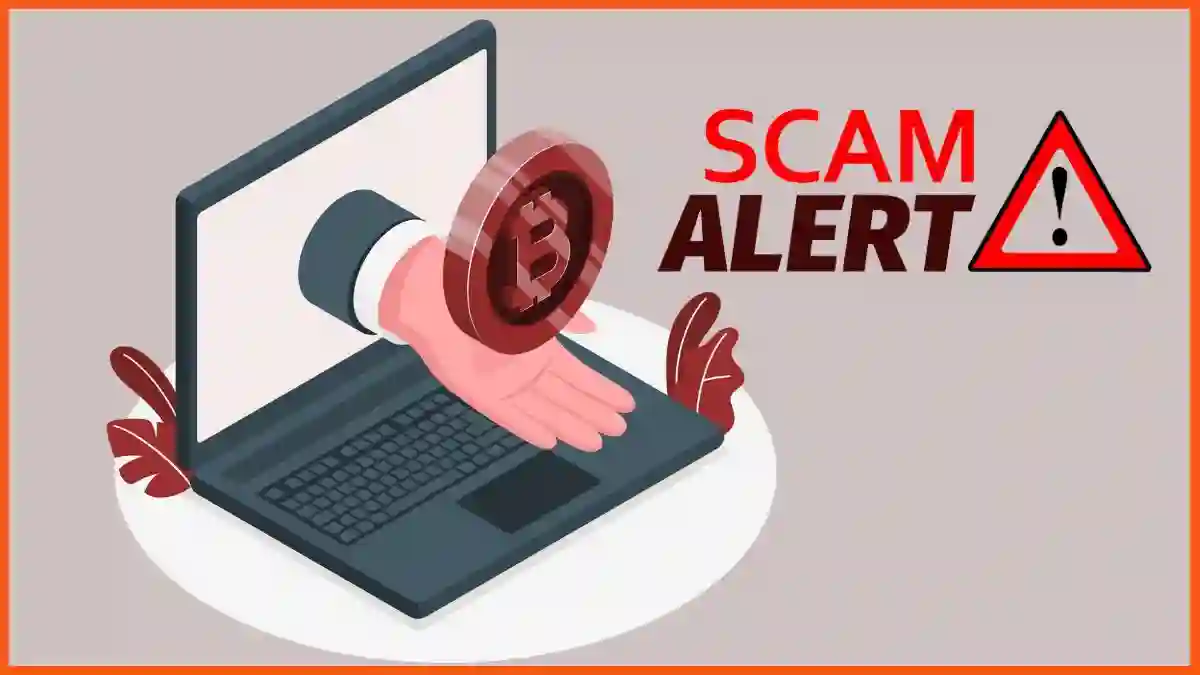What to do when you fall victim to a crypto scam


Crypto scammers can steal funds from victims if they obtain access to their digital wallets or private keys. Refusing to give away these vital information is key, as is avoiding unauthorised transactions.
It is also important to recognise promises that are too good to be true. Additionally, it is worth knowing that different cryptocurrencies have unique characteristics that can impact the process of tracking and recovering stolen funds.
1. Take a deep breath
Cryptocurrency is a digital currency that uses encryption to ensure secure transactions. It is popular among some people because it offers fast and low-cost payments, while others invest in it for the potential gains.
Scammers are constantly coming up with new ways to steal your cryptocurrency, and you should be alert to any that might appear in the future. No legitimate business will demand that you pay them in cryptocurrency, especially not to protect your account.
Recover from crypto scams also create fake ICOs and token sales to lure investors with promises of high and risk-free returns. Be sure to research a project thoroughly and stay away from social media promotions that sound too good to be true. Also, never give your cryptocurrency away to someone who asks for it.
2. Report the incident
Scammers often work from different angles, impersonating a government agency, well-known business, tech support, community member or even your friend. They try to gain your trust in order to get you to transfer money or reveal private crypto keys to them.
This is why it’s essential to maintain a chronological record of all interactions with the scammer and report the incident. Providing this detailed documentation can help the exchange platform or law enforcement agencies identify and track criminal activity.
There are many advocacy and mediation services that offer assistance to victims of cryptocurrency scams. Sharing your story with others can also help raise awareness and prevent scams in the future. This is because it encourages others to be skeptical of suspicious transactions and to seek more information before making a decision.
3. Investigate the incident
Cryptocurrency scams can take many forms. Criminals can impersonate financial advisers, company representatives or celebrities to convince victims to invest in their schemes. They can also use high-pressure sales tactics to push their victims into impulsive decisions.
In many cases, criminals will attempt to obtain access to a victim’s digital wallet or authentication credentials. This can be done through phishing, malware, fake software or fake crypto mining apps and networks.
Forensic analysis of crypto transactions and blockchain records can help investigators trace stolen funds and locate the perpetrator. Maintaining a chronological record of all communications, transactions and other relevant details will help speed up the investigation process. Additionally, contacting local law enforcement and/or specialized cybercrime units will increase your chances of recovering the stolen funds.
4. Gather evidence
A cryptocurrency scam is a criminal act, and you should work with law enforcement to recover your funds. The most important step is to document everything. This includes the transaction IDs of any transactions you made and the wallet addresses used by the scammers. Documenting this information will help investigators “follow the money” and track down the perpetrators.
Phishing – Scammers trick victims into sending their crypto to a fake exchange or compromised wallet. This is common for ICOs and non-fungible tokens.
Ponzi Scheme – A classic fraud, where a scammer promises high returns to early investors and eventually runs out of new investors. Blackmail / Extortion – Scammers use email or U.S. mail to say they have embarrassing or compromising photos or videos, and threaten to make them public unless the victim pays them in crypto.
5. Contact the exchange
Cryptocurrency is especially prone to scams because of its lack of centralized authority and irreversible transactions. Reporting the incident quickly to your exchange can help law enforcement trace and recover stolen funds.
Never give away your private cryptocurrency keys to anyone, as these are the only way that you have access to your wallet. Always use security backup methods like seed phrases (a set of code words) and password protection.
Beware of cold calls, text messages and social media posts asking you to invest or pay in crypto. No legitimate business will ask you to do this. Red flags include promises of guaranteed returns. Other common crypto scams include giveaways, romance scams, phishing, blackmail and rug pulls. Personal stories from victims can be powerful tools for raising awareness and encouraging others to work with their government agencies and exchanges to fight fraud.
Recent Posts
Top Reasons to Bet on Rupee7np This Betting Season
Betting is not just about luck—it's about making informed decisions that can lead to success.…
Student Reviews: Is Istinye University the Right Choice?
Choosing a university is a significant decision for any student, and it requires careful consideration…
The Crucial Role Grouting Plays in Australian Construction Projects
Construction grouting is a vital process that often goes unnoticed by the public, yet it…
MT63: The Best Platform for Online Betting & Live Games
Online betting has become an exciting and immersive experience for many enthusiasts across the…
Kemono Party: The Ultimate Fan Experience!
So, here’s the deal. If you're even remotely into anime, manga, or furry culture, Kemono…
Authentic Mulberry Silk Extra Large Scrunchies for Women
Silk scrunchies have become a staple in the world of hair accessories, offering elegance, comfort,…


